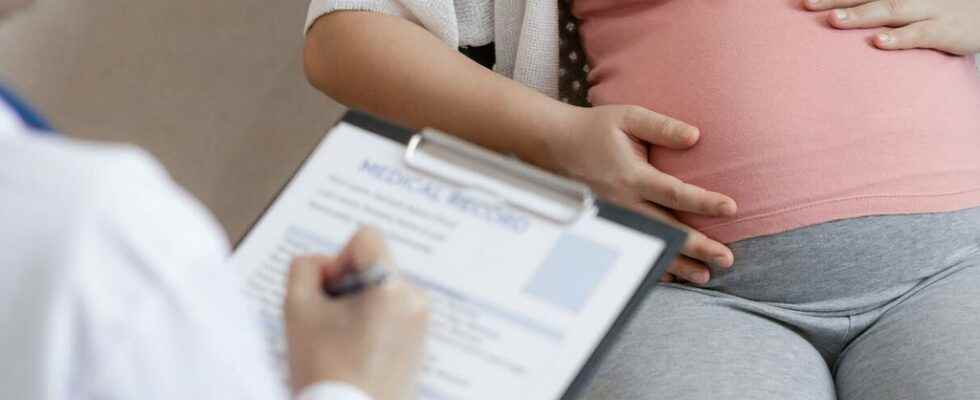A large study reveals that pregnancies after egg freezing are more at risk.
The levy and the egg freezing are part of the medically assisted procreation process. The preservation of oocytes is now offered (and reimbursed) for women between 29 and 37 years old, and this requires freezing. Recently, Hypertension magazine revealed the results ofa large study on pregnancies resulting from frozen embryos, conducted by the Norwegian University of Science and Technology. As a result, they would be more risky.
The researchers started from the medical birth register of Denmark, Norway and Sweden, which spans from 1988 to 2015. It concentrates data from more than 4 million “natural” conceptions (without outside help), transfers of “fresh” embryos (without freezing) numbering 78,300, and 18,037 pregnancies from frozen materials. More than 33,000 siblings were studied, with different conception methods, making it possible to compare the disorders of the mothers between pregnancies.
The risks of high blood pressure are higher
By comparing all these types of pregnancies, the doctors noticed a disorder that came back regularly in women who had benefited from a “freeze”: hypertension. The risk is even much higher, if it is estimated at 4.3% for conventional pregnancies, it increases to 7.4% for pregnancies after freezing.. On the other hand, for “fresh” embryo transfers, hypertension does not seem to be more common.
If the study must go further to understand why hypertension results from the implantation of frozen embryos, the researchers explain that this observation is important, insofar as current reproductive medicine uses more and more this technique.
Source: Hypertension
Subscribe to the Top Santé Newsletter to receive the latest news for free
